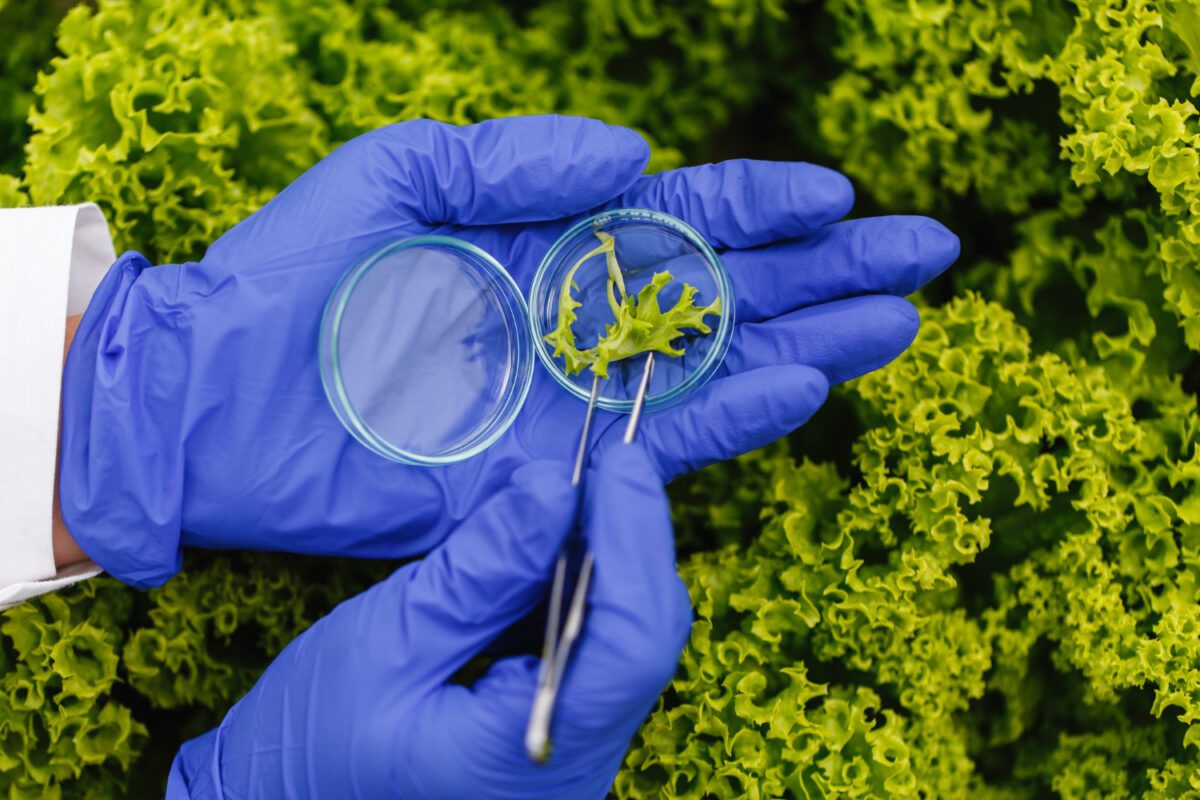The Rise of Biologicals in Sustainable Agriculture, The Booming Market and Global Adoption

In recent years, the agriculture business has seen a paradigm shift toward more sustainable practices, fueled by growing consumer awareness and global problems such as climate change and food security. Biological solutions, which have gained importance due to their favorable impact on agribusiness, are one of the major pillars of sustainable agriculture. This article examines the expansion of the Brazilian biological market and the global acceptance of sustainable farming technologies, with a focus on precision agriculture, organic farming, and regenerative agriculture.
The Shift to Sustainable Farming Practices
As sustainable agricultural practices gain acceptance, the global agriculture business is undergoing a transformation. Consumers are demanding items developed utilizing biological solutions and sustainable ways as they become more cognizant of the environmental and social effect of their food choices. To meet market needs and keep their competitive edge, agribusinesses are adopting sustainable practices.
Precision agriculture, with its application of cutting-edge technologies such as drones, sensors, and data analytics to enhance crop output, is one of the top sustainable agricultural approaches. Precision agriculture decreases environmental impact while increasing efficiency by reducing the usage of fertilizers, pesticides, and water. This method not only addresses customer demand for sustainable products, but it also improves agricultural systems’ resilience and productivity.
Organic farming, which focuses on natural inputs and biological pest control, addresses the growing demand for organic products while also improving environmental sustainability and biodiversity.
Regenerative agriculture is a forward-thinking method that strives to restore and improve soil health, biodiversity, and ecosystem services. Cover cropping, crop rotation, and conservation tillage are all practices that improve soil fertility, minimize erosion, and trap carbon dioxide from the atmosphere. This strategy benefits not only the environment but also the resilience and productivity of agricultural systems.
The convergence of technology and sustainable agriculture is becoming more common. Vertical farming, hydroponics, and aquaponics are examples of innovations that permit year-round crop production with little water and land requirements. These technologies enable urban farming and localized food production while decreasing the carbon impact of long-distance food transportation.
Overcoming Challenges and Embracing Opportunities
While applying sustainable practices may necessitate early investments and changes to traditional agricultural methods, it also provides opportunity for agribusinesses to differentiate themselves in the market and reach new consumer segments. Governments and organizations are encouraging the adoption of sustainable agriculture methods by offering incentives, certifications, and research money.
Global Adoption and Partnerships
Beyond the thriving biological sector, the global agriculture business is embracing biologicals’ transformative promise. Educating growers, forming alliances, and refining product formulations are all key elements in the shift to a biologics-based society.
As the agricultural business recognizes the importance of sustainable practices, biologicals have emerged as a critical component of positive transformation. The world’s brisk biological market expansion demonstrates the possibility for wider worldwide adoption. Agribusinesses can meet consumer needs, boost competitiveness, and contribute to a more sustainable future by implementing precision agriculture, organic farming, and regenerative agriculture. The move to sustainable agriculture gives enormous prospects for a healthy and resilient agricultural industry, with technology and partnerships supporting these efforts.



